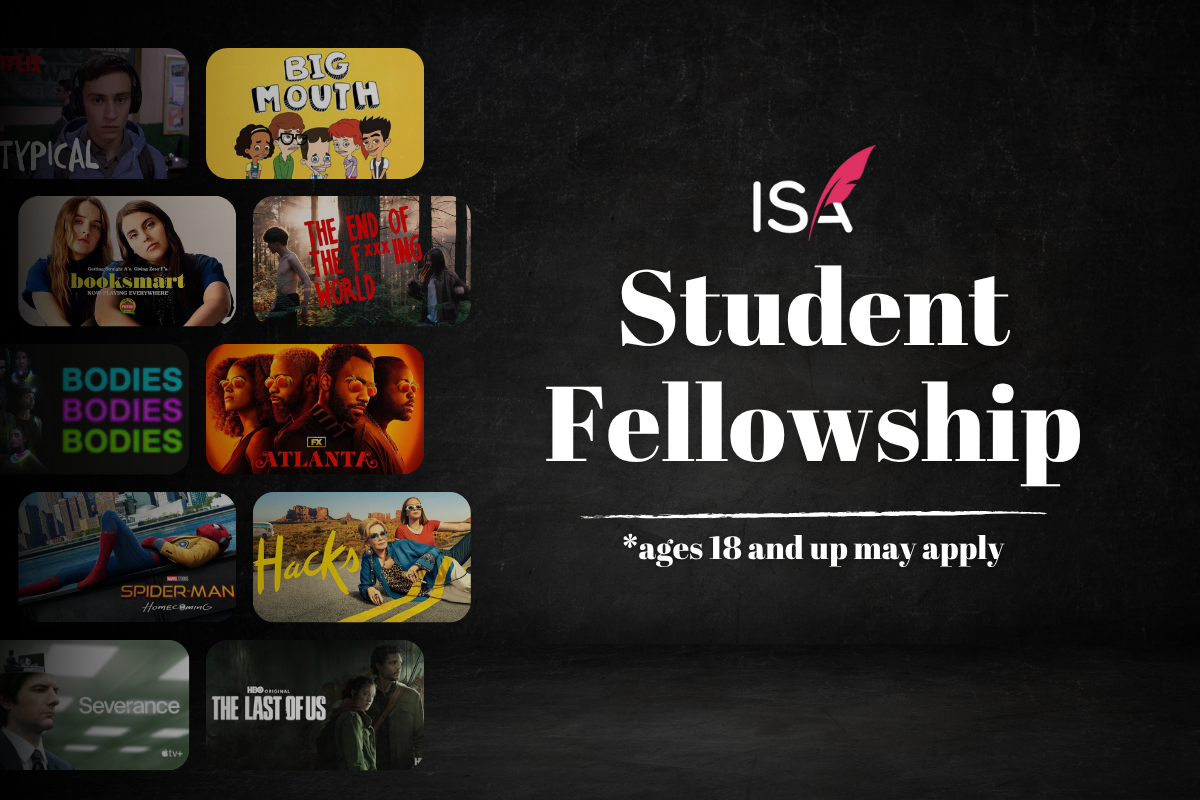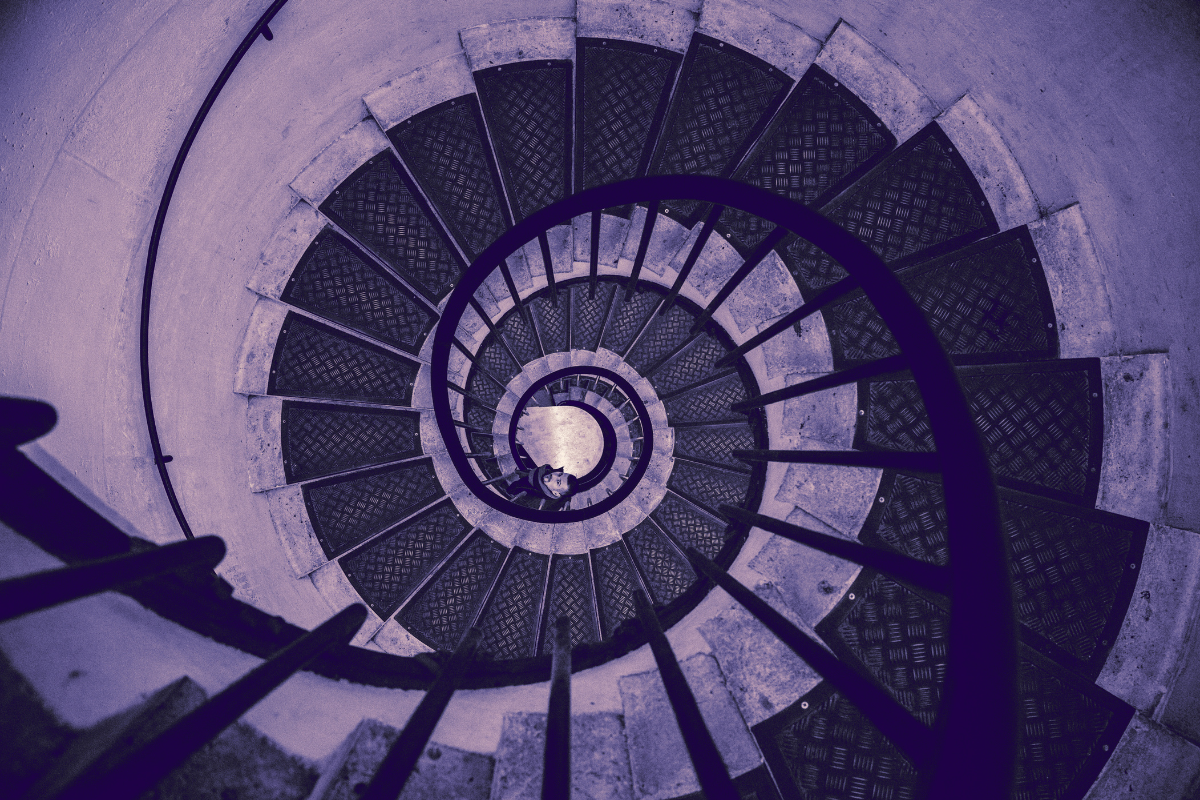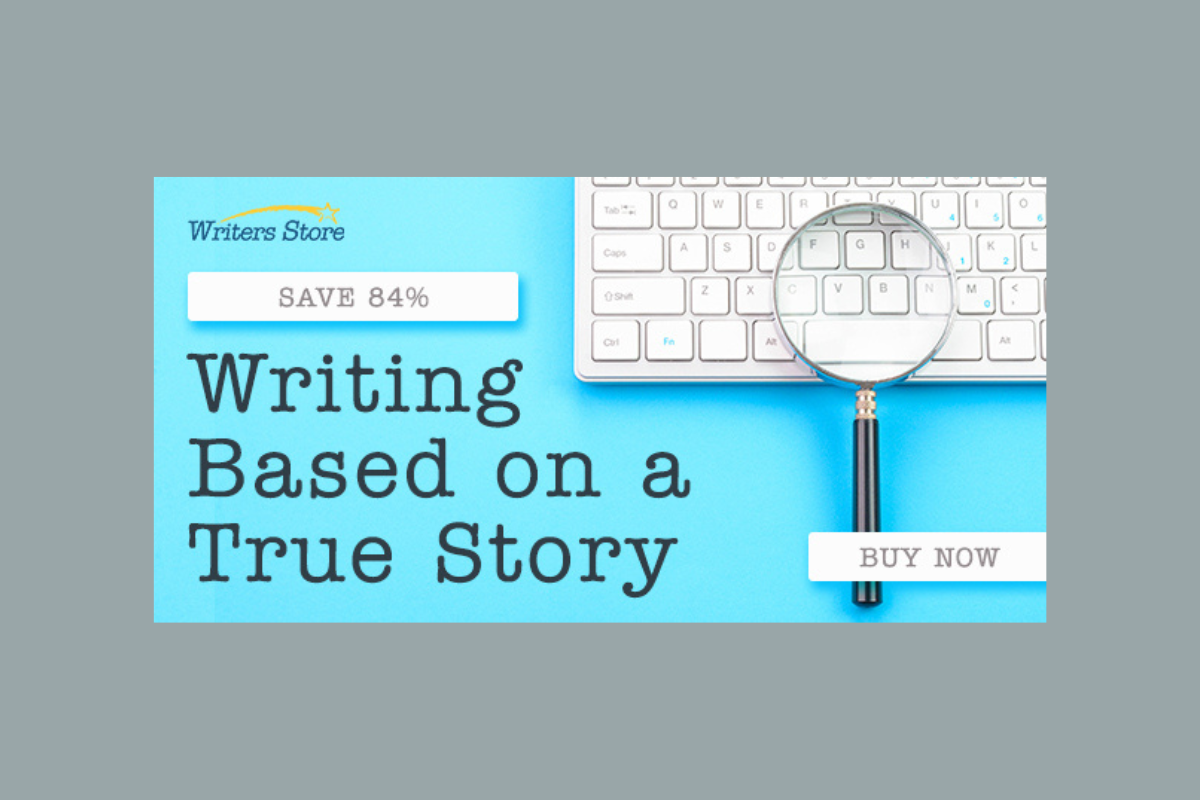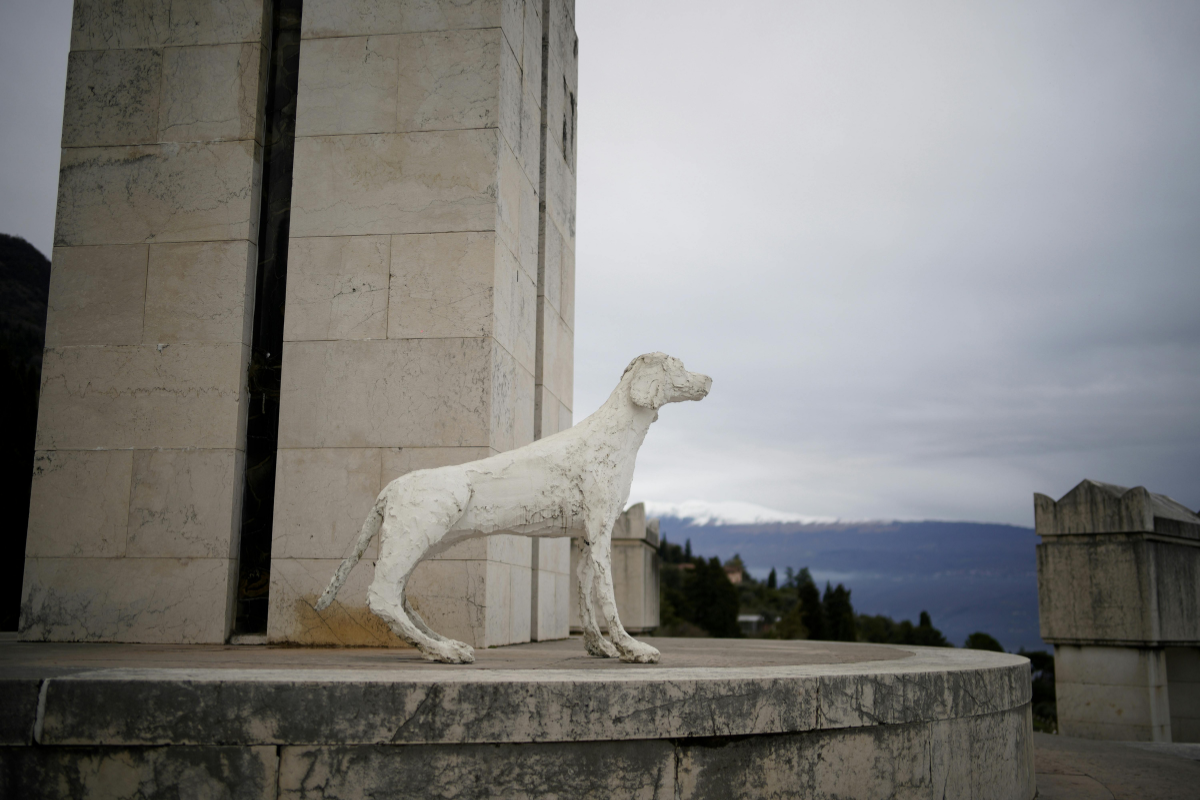BEHIND THE LINES WITH DR: Writing Inspiration – Saved By Al
When Doug Richardson tells the tale of being a struggling writing, trying to find writing inspiration when all felt lost. Al Pacino was his answer.
Doug Richardson’s first produced feature was the sequel to Die Hard, Die Harder.Visit Doug’s site for more Hollywood war stories and information on his popular novels. Follow Doug on Twitter @byDougRich.
As an artist, I both understand and live with an age-old axiom. My natural highs will be higher and more thrilling than most. As well, my lows can and will feel like an underwater descent without the aid of scuba equipment. It’s physics. It’s nature. It’s the way it goes. In those dark moments, when hope was out of reach and I felt myself doubting, inspiration somehow found me and offered a hand.
This is one of those stories.
The not quite so starving times for me followed a post-university internship with a San Diego educational film company. I was attempting to scratch out a writing career on a red, hand-me-down IBM Selectric II. That typewriter had followed me from friends’ couches, a cramped one-bedroom Hollywood walk-up with a pair of out of work actors, through a debilitating case of hepatitis, and finally to an apartment-sitting deal in the hinterlands of the Inland Empire (we affectionately call it The I.E.) forty-five miles east of Los Angeles.
The good news? The digs were furnished and free. The bad news (because there always is) was I felt a million miles from where I wanted to be: in the heart of the city; available for the very few meetings that my agent was able to set up. I was already down to rolling a year or two’s worth of jarred pennies to pay for groceries. Sustenance also came in a care package from a college pal. As it turned out his father owned a chain of McDonald’s restaurants in the Philadelphia area. So one day when I tripped down to my mailbox I was overwhelmed to discover an envelope filled with two hundred dollars in Mickey D’s gift certificates. It wasn’t long before my presence at the corner golden arches became so ubiquitous that my morning and evening visits appeared more and more suspicious, with the franchise manager investigating as to whether or not I’d I was trafficking in counterfeit Ronald McDonald money.
Meanwhile, I’d maxed the Chevron credit card the oil company had mistakenly given me upon my exit from school. That and I could barely pay the monthly interest. The tires on my two-tone orange sherbet and turd Mercury Bobcat were so bald I could see the steel belting that had once supported the long worn-off rubber. The lengthy drives into Hollywood were becoming more dangerous by the mile.
Then came a burning, light bulb moment. I could sell my crap-mobile and buy a motorcycle. A bike would be gas-efficient and a smart purchase might leave me with a few months worth of change in my corduroys. On the day after I’d begun browsing the local want ads for a motorbike to buy, I took off to San Pedro for friend’s backyard barbecue. Free food and beer were as immediate a lure as discount toilet paper.
On that afternoon drive, I witnessed a horrific traffic accident involving a box truck and a biker on a Harley Davidson Softtail. To avoid a collision, the biker had laid his machine down. Unfortunately, his leg had been caught between the motorcycle and the asphalt, the limb sheared off just above the knee.
I doubt very much that the biker survived. But any jones I might’ve had for the efficiency of commuting on a motorcycle was cured in that one horrific instant.
Upon my return that evening, I discovered my apartment ceiling was moving from a sudden and shocking cockroach infestation. They were everywhere and in everything I owned, including my precious red Selectric II. Was this my bottom? I surely don’t know. But I was beginning to wonder if my wannabe screenwriter act was chafing at whatever ambitions I’d taken for granted.
After drinking myself to sleep with bottom shelf, supermarket scotch, I woke to a hangover and my phone ringing. At the other end was my college pal, who was living a princely New York actor’s life in the very same Greenwich Village basement flat Al Pacino’s Serpico character had laid his weary head.
“How’s it going?” he asked.
“Shitty,” I admitted without wanting to go into any kind of ugly detail.
“I know exactly what you need,” my college pal said, as if he could tell by my own defeated tone that I was lost. “You’re coming to New York.”
“Right,” I moaned, unamused.
“Seriously. I’m sending a plane ticket.”
“The McDonald’s certificates were enough.”
“You need New York,” he said. “And more importantly, you need a dose of Al.”
Now, by Al I knew he meant Pacino. He’d long been our favorite actor. We would entertain each other ad infinitum with bad impressions from The Godfather films and Scarface. My assumption was that I was being invited to hang at the almost famous Minetta Lane step-down.
“I suppose I could take a break,” I said.
A few days later, a bargain airline ticket arrived. I locked the roaches inside my apartment and took a red-eye smoker’s flight to Newark. Over slices of pizza at John’s on Bleeker, I lamented that my ambitions were beginning to look like delusions.
“Al will lift your spirits,” he smiled.
“Stop it already,” I said. “What’s with all this ‘Al’ stuff?”
“I thought you knew.”
“Knew what.”
“American Buffalo moved to Broadway.”
The David Mamet play had recently finished a killer run at downtown’s Circle in the Square Theatre. Al Pacino had completed a multi-week run to nightly standing ovations.
“Broadway?” I asked. “With Al?”
“Booth Theatre,” he said. “And we have tickets. Sixth-row center.”
I’d never seen a Broadway show. In my two previous visits to New York, I’d been equally poor. And now I was looking at being six rows from the one and only Al Pacino in my debut visit.
Leaving all suspense aside, my American Buffalo experience was, and still remains, one of the great seminal experiences of my artistic life. Hell. And all I did was witness. From Mamet’s constant staccato stutter of dialogue to the two supporting actors playing Donny and Bobby to the master genius himself performing as Teach. Pacino entered spewing wads of audience-pelting spit while shouting his opening lines of, “Fuckin’ Ruthie, fuckin’ Ruthie, fuckin’ Ruthie.”
Two acts later followed by a curtain call to a spontaneous standing ovation, I couldn’t help feeling as if I’d been gifted with something unique and lasting. Not was I only inspired by what great work by great craftsmen could do for an audience, but I was equally bowled over by how Al received the tumult of affection. It was at once without condition—both his performance and the rapturous applause that followed—but also transactional. Somehow, between the last bow and the continued ovation, an exchange took place. We all felt it. And I saw it in Al’s face. A fair yet consequential trade.
In that moment, we were all truly grateful. And I’d been both uplifted and challenged.
I returned to the I.E. and my personal roach motel renewed and full of a passion I’d never felt. I couldn’t wait to create my own moments. Seek out my own artistic and entertainment transactions.
Thanks, old friend. And thanks, Al.
Check out Doug’s popular novels and his newest release, 99 Percent Kill.
- Read more articles by Doug Richardson
- Script Angel: Inspiration for Your Screenwriting Journey
- Balls of Steel: Working with a Screenwriting Mentor
Get Doug's volume of Hollywood war stories in his new book
The Smoking Gun: True Tales from Hollywood's Screenwriting Trenches
Doug Richardson cut his teeth writing movies like Die Hard, Die Harder, Bad Boys and Hostage. But scratch the surface and discover he thinks there’s a killer inside all of us. His Lucky Dey books exist between the gutter and the glitter of a morally suspect landscape he calls Luckyland—aka Los Angeles—the city of Doug’s birth and where he lives with his wife, two children, three big mutts, and the dead body he’s still semi-convinced is buried in his San Fernando Valley back yard. Follow Doug on Twitter @byDougRich.







